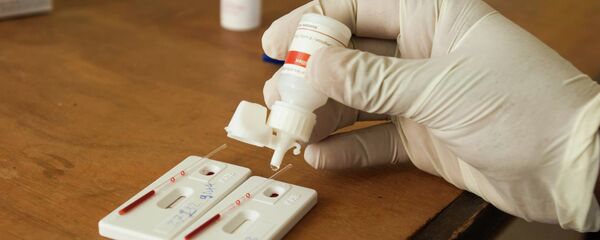"In earlier studies, we knew that we could interfere with the spread of HIV-1, but we couldn't identify the mechanism that was stopping the process," said associate professor of microbiology and molecular genetics in Michigan State University Yong-Hui Zheng, who worked on the study in collaboration with scientists from the Harbin Veterinary Research Institute, the Chinese Academy of Agricultural Sciences and the University of Georgia.
Now that the researchers have discovered that ERManI, it will be a a fundamental key and could potentially be used as an antiretroviral treatment.
Unlike vaccines, antiretroviral treatments make sure the virus is harmless by keeping it in check at low levels. According to Zheng, the scientists are now planning to conduct trials to find out whether HIV resistance can be stimulated by increasing the levels of ERManI.
Thus far, no cure exists for HIV-1, and those infected have to take prescribed medicine for a lifetime, and not without unpleasant side effects. However, antiretroviral therapies can significantly prolong life.



